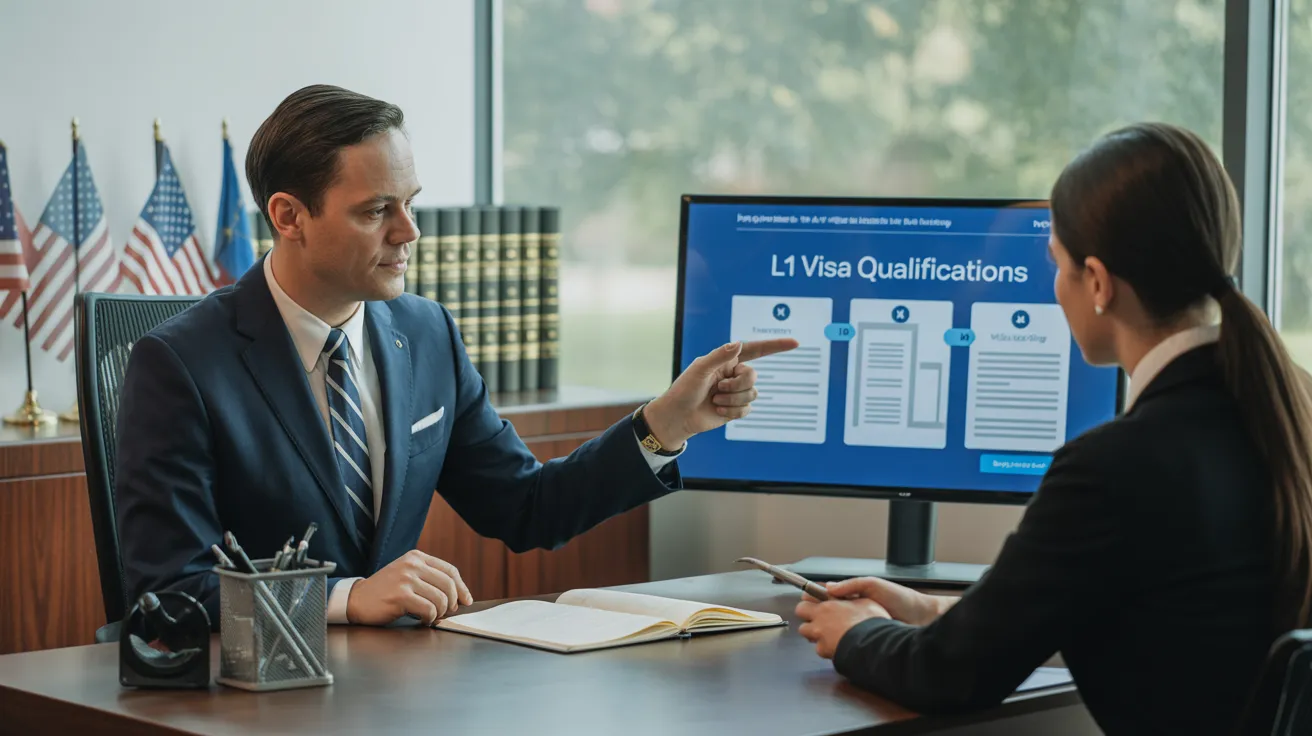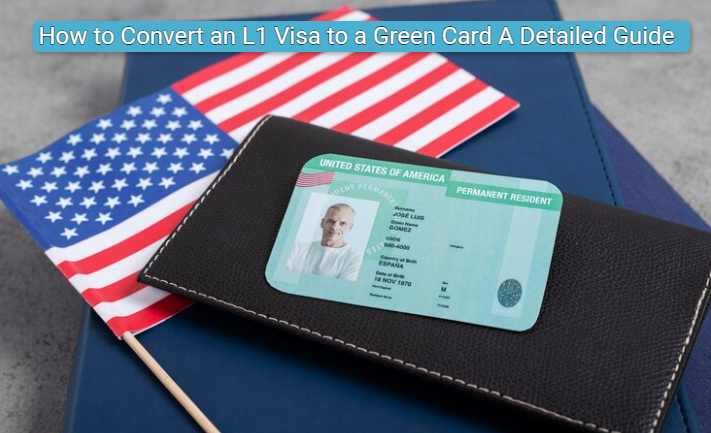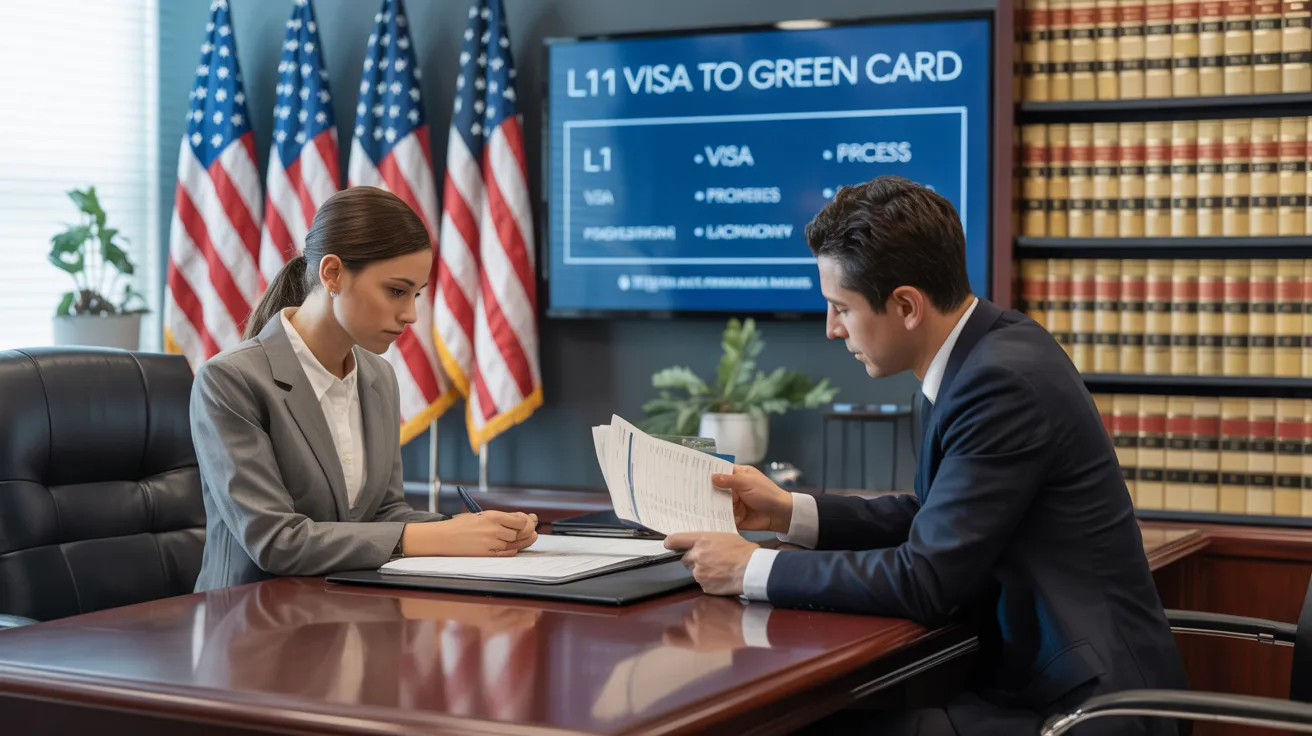

The L1 visa process in Delhi can be intricate, necessitating a strategic approach to guarantee a successful application. Understanding the distinctions between L1A and L1B categories is essential, as is familiarizing oneself with the specific eligibility requirements.
Additionally, meticulous preparation of documentation, including Form I-129 and employment verification letters, plays a critical role.
However, the nuances of the visa interview can often make or break an application. Exploring effective strategies to navigate these challenges could greatly enhance your chances of approval-so what should you prioritize in your preparation?
When considering the L1 visa, applicants may find themselves traversing a complex landscape of options tailored to various professional needs. The L1 visa is primarily divided into two categories: L1A and L1B.
The L1A visa is designated for managers and executives, enabling them to work in the United States for a multinational company, often allowing for a longer duration of stay. Conversely, the L1B visa caters to employees with specialized knowledge essential for the organization's operations.
Each category has distinct requirements and benefits, which can greatly influence the application process. Understanding these differences is vital for applicants to determine the most suitable visa type for their circumstances, ensuring compliance with U.S. immigration regulations while meeting organizational goals.
Understanding the eligibility requirements for L1 visa applicants is fundamental for a successful application process. To qualify for an L1 visa, applicants must have been employed by a qualifying organization for at least one continuous year within the last three years before application.
There are two main categories: L1A for managers and executives, and L1B for employees with specialized knowledge. It is essential that the foreign entity and the U.S. entity are related, either as parent and subsidiary or as branches.
Additionally, applicants must demonstrate that their role in the U.S. will be in a managerial or specialized capacity. Meeting these criteria is imperative for ensuring a smooth application and approval process.

Proper document preparation and submission are critical steps in the L1 visa application process. Begin by gathering all necessary documents, including the Form I-129, supporting letters from the employer, and evidence of the qualifying relationship between the U.S. and foreign entities.
Ascertain that your employment verification letters detail your job responsibilities, duration of employment, and managerial or specialized knowledge. Additionally, collect your resume, pay stubs, tax returns, and passport copies. Each document should be clear, accurate, and organized chronologically.
It is advisable to create a checklist to guarantee no document is overlooked. After compiling your documents, review them thoroughly for consistency and accuracy before submission to enhance your chances of a successful application.
The application process for an L1 visa involves several critical steps that must be followed meticulously to guarantee a successful outcome. Initially, the employer must file Form I-129, Petition for a Nonimmigrant Worker, along with supporting documentation to demonstrate eligibility.
After the petition is approved, applicants must complete Form DS-160, the Online Nonimmigrant Visa Application, and pay the requisite visa fee. Subsequently, applicants need to schedule a visa interview at the U.S. embassy or consulate in Delhi.
It is essential to prepare for this interview by gathering necessary documents, including the approved petition, proof of employment, and company information. Finally, applicants should attend the interview and provide truthful answers, as this is a pivotal moment in the visa application process.

Numerous applicants encounter challenges during the L1 visa process that can complicate their journey toward obtaining the visa. One common issue is the complexity of documentation requirements, which can lead to delays or denials if not meticulously prepared.
To address this, applicants should maintain organized records and guarantee all necessary paperwork is submitted accurately. Another challenge is the interpretation of eligibility criteria, particularly regarding managerial or specialized knowledge roles.
Seeking guidance from immigration experts can provide clarity and improve application quality. Additionally, long processing times can cause uncertainty; applicants should be proactive in tracking their application's status and remain responsive to any requests from authorities.
Preparing for the L1 visa interview is essential, as it serves as a pivotal moment in the application process. To guarantee a successful interview, applicants should first thoroughly understand their company's operations and their specific role within it.
This knowledge demonstrates credibility and preparedness. Additionally, organizing essential documents-such as the petition, proof of employment, and company financials-will facilitate a smooth interview. Practicing common interview questions can help alleviate anxiety and improve clarity during responses.
Dress professionally to make a positive impression, and arrive early to avoid unnecessary stress. Finally, maintain a calm demeanor, and answer questions honestly and succinctly. These strategies collectively enhance the likelihood of a successful L1 visa interview outcome.

The maximum duration of stay on an L1 visa varies depending on the specific category. For L1A visa holders, the initial stay can be up to three years, with the possibility of extensions for a total of seven years. L1B visa holders are granted an initial stay of three years as well, but can extend their stay for a maximum of five years. Adherence to these time limits is essential for maintaining visa compliance.
If your L1 visa application is denied, you will receive a notice outlining the specific reasons for the denial. You may have the option to appeal the decision or reapply, addressing the issues identified. It is essential to review your application thoroughly and consider consulting an immigration attorney for guidance. Understanding the denial reasons can help strengthen any future applications and improve the likelihood of a successful outcome.
The renewal procedures for an L1 visa typically involve submitting a petition for extension to the U.S. Citizenship and Immigration Services (USCIS). The employer must provide documentation supporting the ongoing need for the employee's services, including proof of the business's operational status and the employee's role. It is essential to file the renewal application before the current visa expires to maintain lawful status. Timely submission guarantees uninterrupted employment and compliance with immigration regulations.